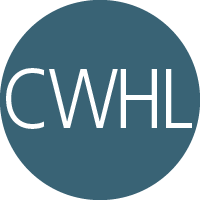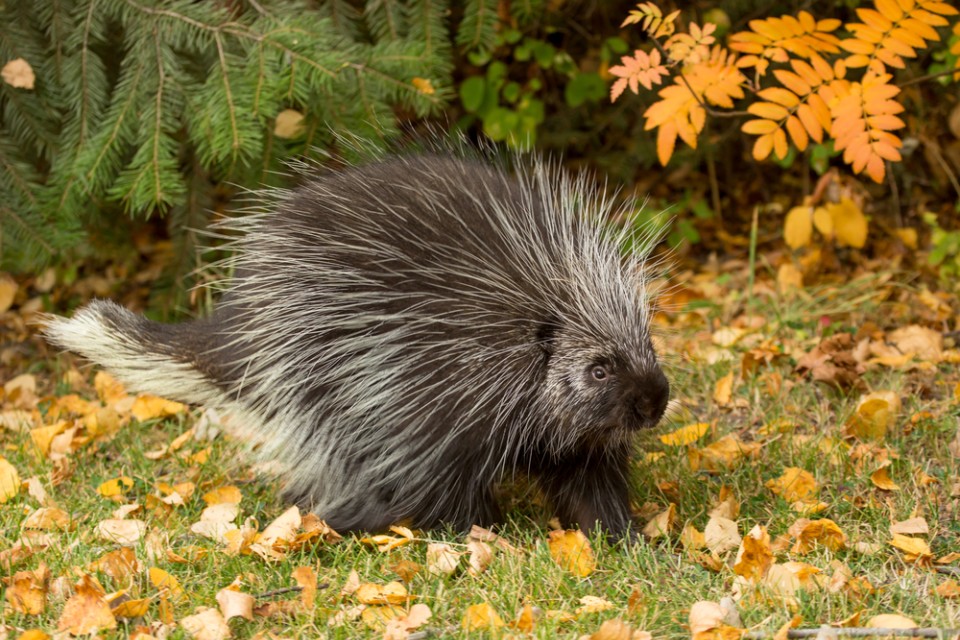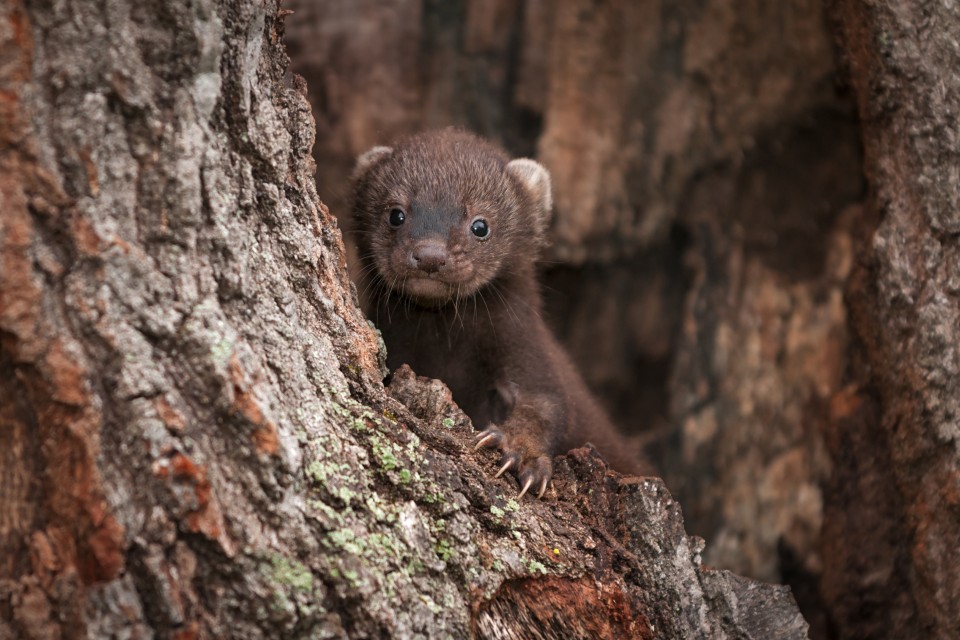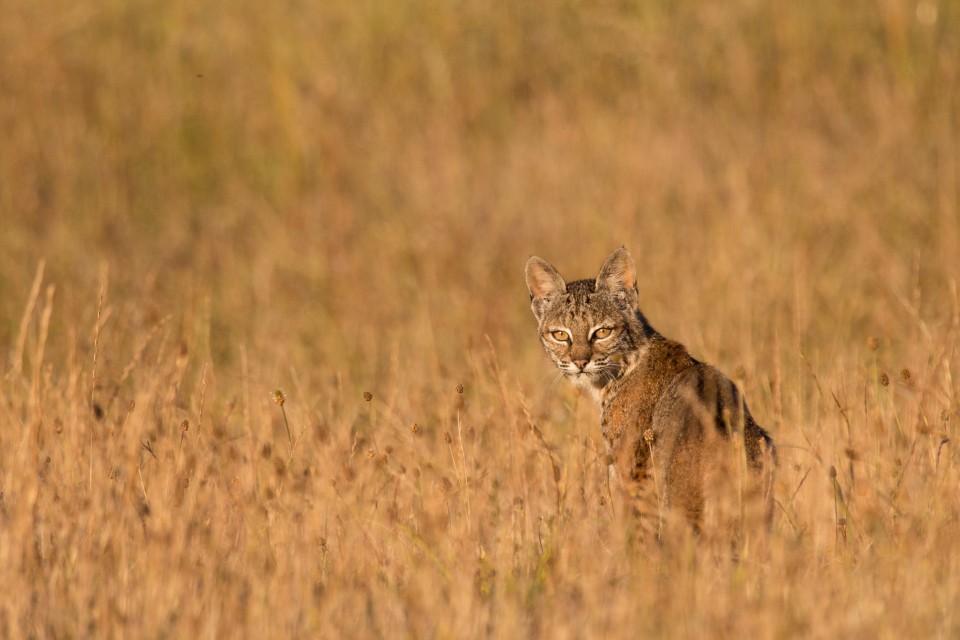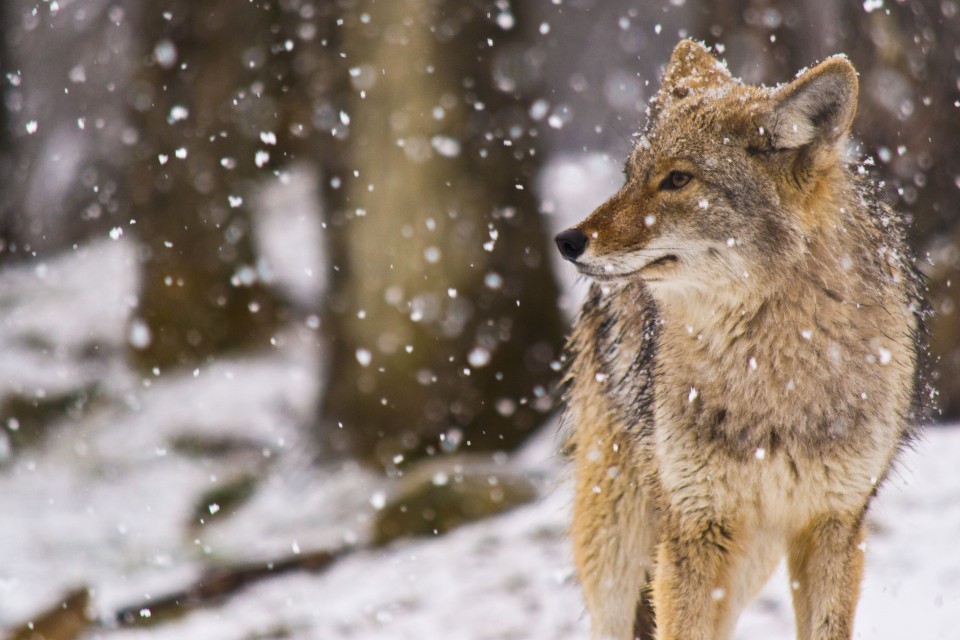As a Wildlife Pathologist, I am interested in how to best diagnose and monitor disease in individual animals and in populations. Wild animal populations face increasing risks from climate change, habitat destruction and introduction or re-emergence of infectious diseases. Learning how these stresses interact is essential to conservation efforts.
I have been a Veterinary Anatomic Pathologist at Cornell since 2004. Prior to that did my veterinary training and graduate degrees at Ohio State University and The University of California, Davis. During my studies, I learned how to diagnose disease in a variety of animals as well as apply that knowledge to at-risk populations. My studies and career have allowed me to work with a wide variety of animals including domestic species and native wildlife. By working with a variety of species, I am able to apply my veterinary knowledge of well-studied species in order to recognize disease in less well-understood species.
My current projects are diverse. My main projects include continued monitoring of wild populations for new and re-emerging diseases, analysis of disease data to look for disease trends in native wildlife, and investigating causes of population declines in specific fauna. Though my main love will always be in the study of avian disease, I have also developed a keen interest in diseases of free-range cervids, canids, and mustelids. I have collaborative research projects with several institutions, including The New York State Department of Environmental Conservation, and SUNY ESF as well as with researchers and clinicians at Cornell.
In addition to my diagnostic and research duties, I enjoy teaching our future veterinarians about Wildlife and Veterinary Pathology. I am course leader in our Foundation Course in General Pathology, advisor to the Student Chapter of the American College of Veterinary Pathologists, and a lecturer in our Conservation Medicine course. I also enjoy doing programs for field biologists, wildlife rehabilitators, and other wildlife professionals and students. I welcome any inquiries into collaborative teaching or research projects.
Overall, I think the only way that we can solve the major problems facing wildlife is for experts in multiple fields to work together. Some of the most satisfying research I have done has been as part of a team of experts, all of whom care deeply for conservation. It is only through these multidisciplinary collaborations that we can find real solutions to environmental challenges.

